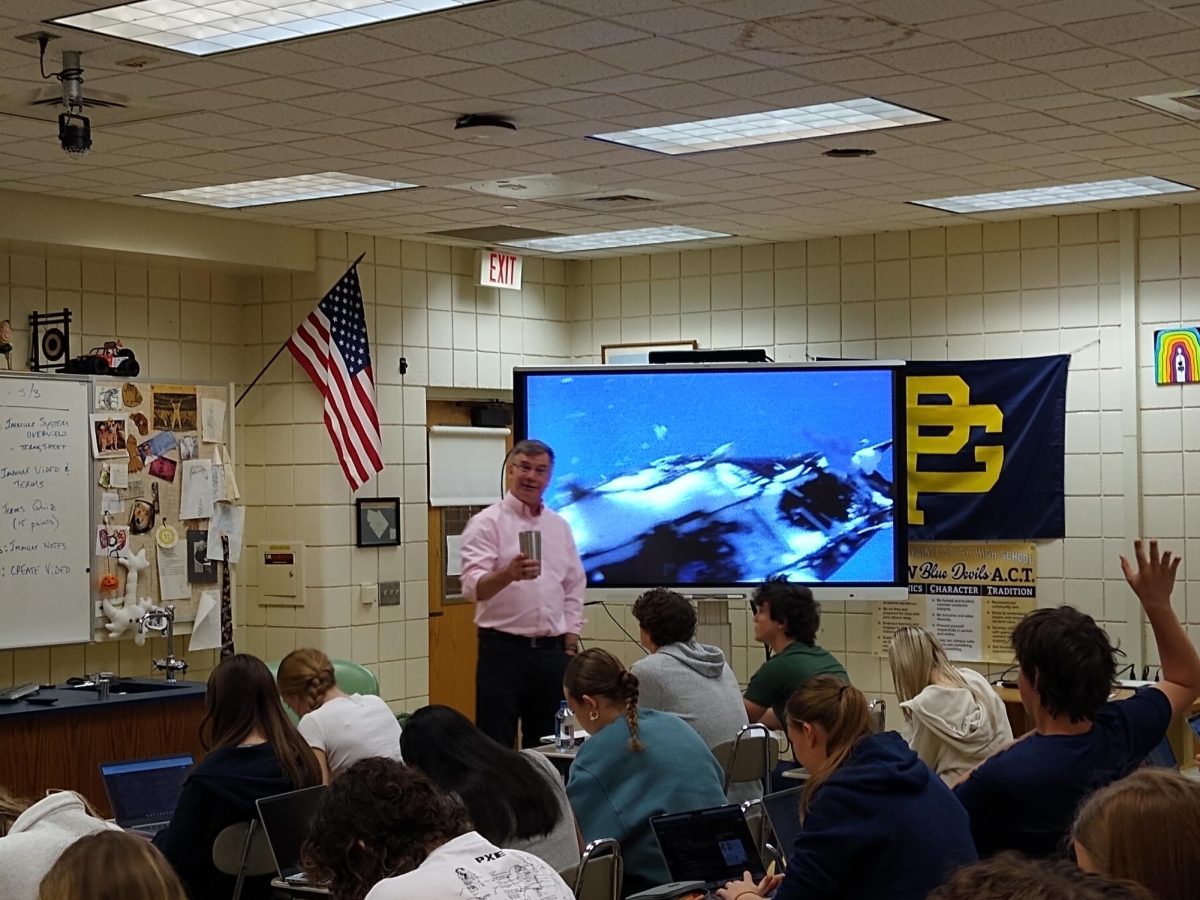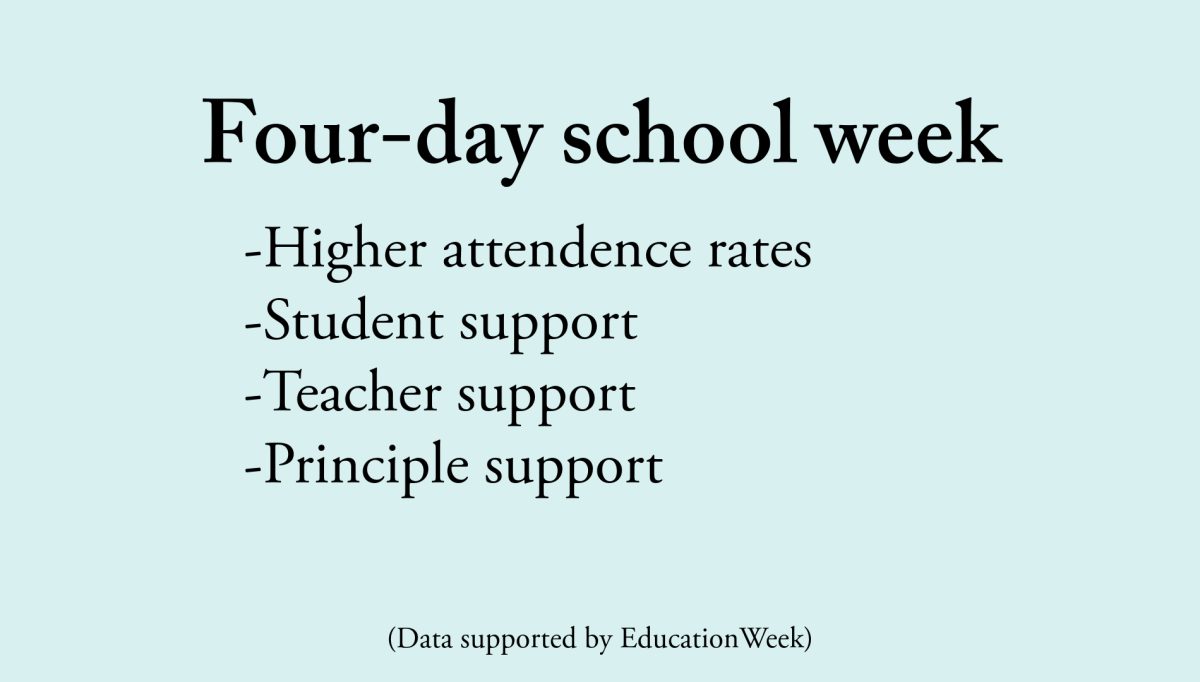Seven Seas Swimwear fights fast fashion
April 21, 2021
Style has always been a way for many people to express themselves. There’s many different ways today to display personal style. Our generation has used social media to run what’s in-style, and with that comes fashion advertising that is promoted by paid social media influencers with massive followings. But are these influencers aware of just how influential and possibly damaging they can be?


Common fashion brands on Tik Tok and Instagram are Zaful, Shein, and Princess Polly. These brands pick out normal people with a high following to advertise their fast fashion clothes. Although they may promote the clothing, many of these influencers are unaware of the negative environmental impact and mistreatment of employees that goes on behind the scenes in the production of this clothing.
Fast Fashion is a term in the fashion industry in which a brand creates a mass production of clothing at a low cost to the consumer. Fast Fashion often mimics quality clothing using inexpensive and low-quality materials to replicate styles for a lower price.
Clothing and accessories from stores like Shein, Princess Polly, and Zaful range anywhere from $2 to $70 per item. The reviews on their websites complaining of damaged or poorly made clothing further proves these brands usage of fast fashion.
Nina Salci, designer and founder or Seven Seas Swimwear, is an eco friendly swimwear brand based off of quality seamless recycled fabrics. Therefore, the swimsuits are more expensive because it takes more time and money to make each personalized collection.
Seven Seas Swimwear is popular on the app Tik Tok and the account advertises their swimwear to their 252,000 followers. A recent Tik Tok posted by the Seven Seas Swimwear designer exposes the popular fast fashion brand, Shein, for copying a unique design by Seven Seas Swimwear. This is a perfect example of the damage fast fashion can do through social media.
According to the Institute of Sustainable Communication, the clothing industry is the second-highest polluter of clean water. Retailers of fast fashion dump toxic chemicals into clean water supplies because clothing production is a land-and-water-intensive industry.
Many more influencers on Tik Tok are being sent clothes by Shein, Zaful and Princess Polly along with discount codes to advertise to their viewers. This increases the likelihood that people will make purchases from these damaging brands since they want to support and dress like their favorite influencers. It’s easy to be drawn towards cute clothes and cheap prices, and it’s also easy to identify when something is a product of fast fashion. Many brands are working so hard to keep the environment healthy by creating quality products that are worth the extra cost. It’s understandable that these products aren’t affordable to everyone, but in the end it’s more rewarding to know that what you’re wearing will benefit the environment, and support the original designer of the product.

























































































Antonio • Apr 23, 2021 at 11:10 am
Great writing Gia and good eye catching this story on SevenSeas! We have in the past worked very successfully with SevenSeasSwimwear and know the quality of her product.
As a follow-up to your story I know that this is not the first time that a fast fashion company and poor imitators have copied designer/owner Nina Salci’s ideas. Shein was the ‘last straw’ for her and she fought back. She posted what had happened yet again on her social media pages and her followers responded in droves! I assume that with the amazing response and the negative on-line comments directed at this company Shein, they took down all posts that were related to SevenSeas.
I’m quite certain Shein and others will continue to do what they do but it is comforting to know that there are indeed ways to successfully combat this practice even with the giants of the fast fashion industry.
Great job Gia! Wishing you and confident you will have much success in all your future endeavors!!
Antonio (principle)
The Cioli Group LLC
thecioligroup.com